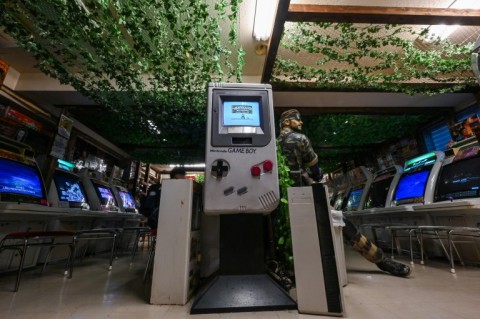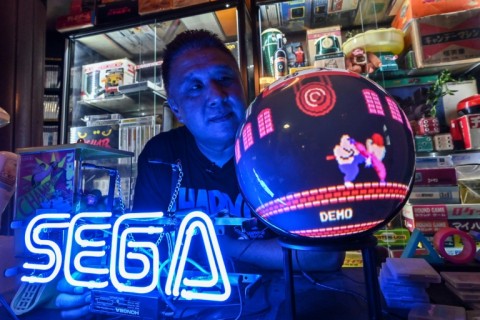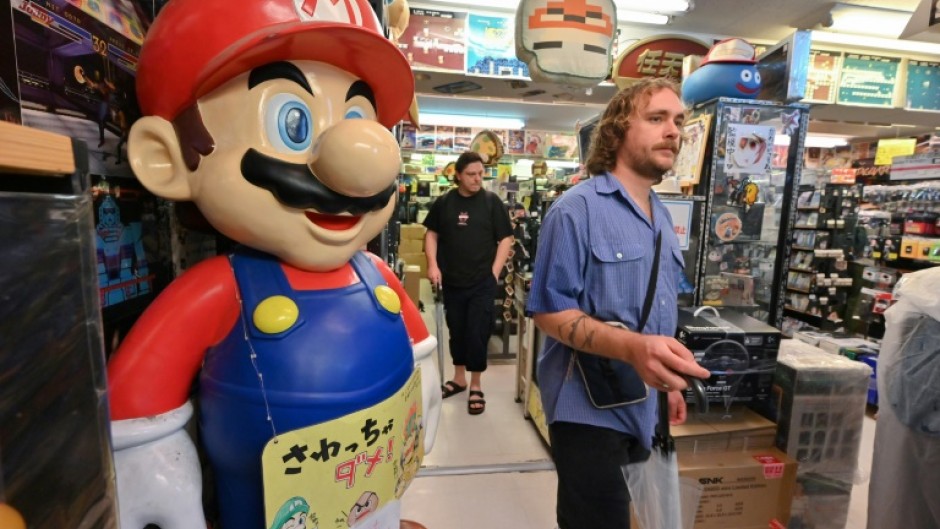TOKYO - US tourist David Madrigal is over the moon after paying $200 for a "vintage" console at a busy Tokyo store that is tapping into booming global demand for retro gaming kit.
"When I came into this store, I was like a kid walking into a candy shop," Madrigal told AFP at Super Potato in the Akihabara district famous for its Japanese pop culture shops.
"This stuff is my passion. I love older consoles," he said. The PS Vita, a console released in 2011, that he bought "would usually cost me about $600 in the US."
Super Potato has three floors packed with Game Boy cartridges, Sega Dreamcast consoles wrapped in plastic and antiquated arcade machines where nostalgic customers can play "Street Fighter II" again.

Prices can be eye-watering. A handheld Nintendo Game & Watch electronic game from the 1980s -- featuring "Zelda" -- was priced at 250,800 yen ($1,750).
Around 70-80 percent of customers are foreign tourists, who have flocked to Japan in record numbers this year, store manager Komura, who only gave his surname, told AFP.
Video game historian Hiroyuki Maeda said that additional demand from collectors comes from the fact that some consoles were marketed differently outside Japan.
Nintendo's Famicom and Super Famicom consoles for example were released abroad under alternative names, and with different and more colourful designs, he said.

"If you come to Japan and see a machine you've never seen before, you want to buy it. It stimulates the collector's soul," said Maeda, who has written dozens of books on gaming history.
"The definition of retro gaming varies, depending on the era that the people who engage in it are nostalgic for," Maeda told AFP.
Retro games can reach sky-high prices: a still-wrapped version of the game "Super Mario Bros.", released in 1985, sold in 2021 for $2-million.
Until the late 1990s, however, old games were virtually worthless, according to historian Maeda.
"They were crammed into bins in shops" and sold for as little as 10 yen (seven US cents today), he said.

